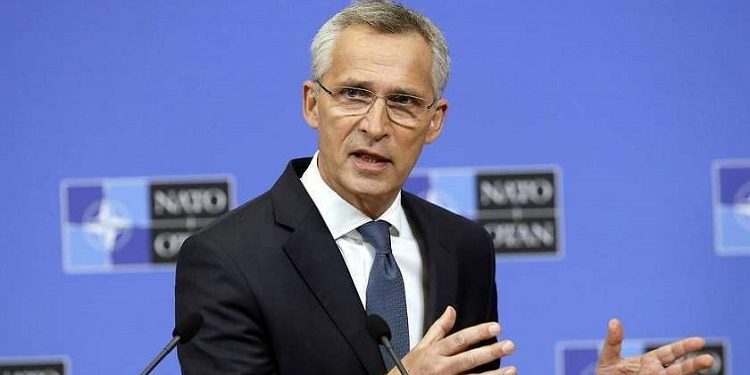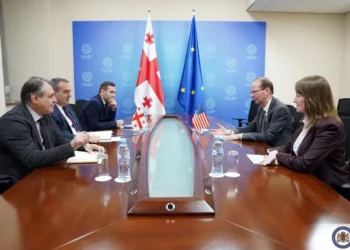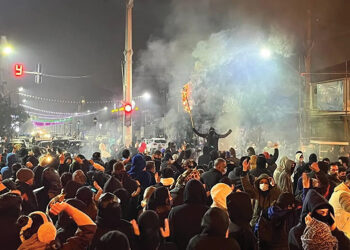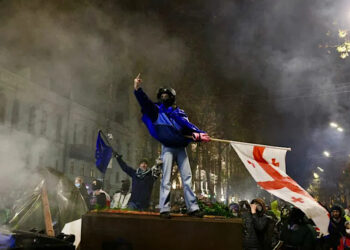“NATO and Western NATO allies we really tried to create and to establish a better relationship with Russia after the end of the Cold War. We established the NATO-Russia Council, we had the Founding Act between NATO and Russia and, both NATO, individual Allies and the United States, of course, really made a lot of effort in those decades to really change our relationship with Russia,” stated NATO Secretary General Jens Stoltenberg.
He noted he was part of that in his previous capacity as a Norwegian politician for 10 years, also as Prime Minister.
“In Norway, in the High North, we were actually able to develop a good working relationship, good cooperation, with Russia. I met President Putin many times we discussed everything from energy projects up in the Barents Sea to the limitation and we negotiated and agreed in the Barents Sea environment, fisheries, we had a lot of cooperation up in the north. And I strongly believed in the NATO idea of deterrence, defense and dialogue.
“But then Russia has deliberately chosen another path. They didn’t really have the courage to really engage and to try to build down historical differences. That has been possible before: The Nordic countries, the Swedes and the Danes, and the Finns and the Norwegians, we used to fight for centuries and we are now best friends in the world. And if we look at the rest of Europe, the United Kingdom, France, Germany, they also used to be different sides of wars that have ravaged Europe for centuries, and now they’re best friends and allies in NATO and the European Union.
“So of course, it was right to hope for something similar to happen in our relationship with Russia. But then, gradually, we saw that Russia was walking away, with actions against Georgia, Ukraine and other countries, where it tried to re-establish spheres of influence where big nations control what small nations can do. And then NATO gradually, of course, needed to emphasize more not dialogue, but deterrence and defense, and in particular since 2014. So you can always have a kind of academic discussion – that’s important – about what could have been different. But the overall picture is that we really tried, from the NATO side, to engage with Russia. Fundamentally, what President Putin really is afraid of is not NATO, but he is afraid of free democratic societies which are undermining his power base in Moscow. And that’s one reason why he doesn’t want to see a successful, free independent, democratic Ukraine: Because that really challenged his idea of how to govern and rule and to remain in power in Russia,” Stoltenberg stated.














